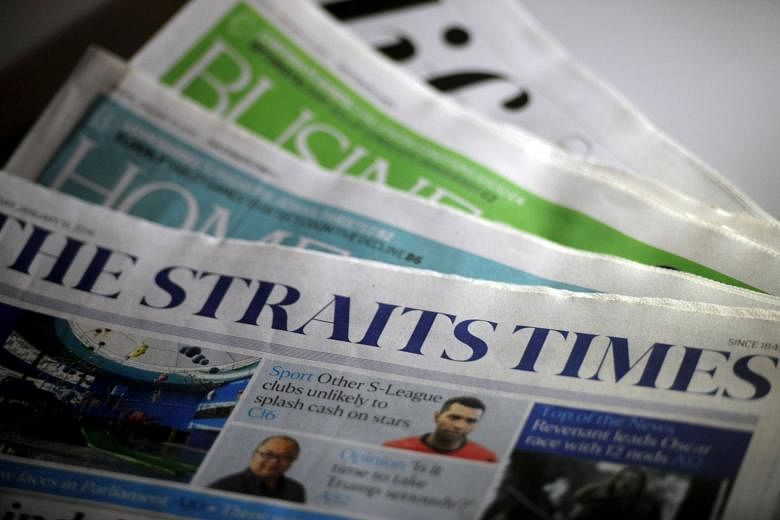The editorial in The Straits Times,pointed out that there is a sense that the issue of selecting our fourth-generation (4G) prime minister cannot be left unsolved for too long (Calibre and cohesion of 4G team is key; Feb 5).
However, as the public's confidence in the process is vital, let us not do it hastily.
The succession issue has prompted a need for a critical review of our political system and culture.
Foremost, we have to examine whether there is a decline in political participation among our 4G and younger citizens. For example, is the number of 4G members in the People's Action Party proportionate to that of the older generations? How about that of the fifth generation?
Political parties should revamp and renew themselves periodically - just like business organisations do - so that their mission, systems of operation and ways of recruiting and grooming leadership hopefuls are constantly updated, and the information should be disseminated to the public.
Such actions will help raise our political literacy. More importantly, modernisation of political parties will help to attract citizens of the highest calibre to serve the nation.
Also, with Singapore facing greater external competition, future political leaders should possess excellent decision-making acumen, risk-taking valour and creativity in problem-solving.
Perhaps, these hopefuls should convert their part-time political career into a full-time one for a couple of years, to give them more time to interact with people.
In essence, we need a political culture and system that is dynamic, progressive and robust to keep pace with the fast-changing world.
Albert Ng Ya Ken

